The opinions expressed in this article are the author’s own and do not necessarily represent the views of The Prowler.
The October 7 massacre was an event that has forever shaped my identity and my feeling of safety and security in the world.
Being Jewish has always been a key component of my identity. Being Jewish fills me with pride and gratitude for the community it provides; it had never instilled fear in me. I was always sheltered from those who aggressively hate my people, as I was surrounded solely by Jews in my small modern orthodox community in Los Angeles.
However, after the events that transpired on October 7, I was exposed to the violent and hate-filled sea of antisemitism.
I have always been aware of the existence of anti-semitism, but I did not comprehend the widespread hatred towards Jews. “How could anyone possibly take any other side but Israel’s now?” I thought after the massacre. I thought that at least the attack would debunk the stereotype that Israel is the villain of the Middle East. However, the baseless and misinformed hatred that sparked from the situation shocked me to my core.
When I went on social media, I saw thousands of people circulating completely false information that villainized Israel and its inhabitants. I saw people explaining how Israel had kidnapped its own civilians and calling Hamas a liberation group, while justifying the rape, torture, and murder of Israeli children.
I felt disturbed and angry, but most of all, lonely. It seemed as though the entire world had turned its back on the Jewish people. I felt as though everyone hated my people for simply existing. I wanted to feel less hated, less alone in my beliefs.
This feeling of loneliness inspired me to attend the “Americans March for Israel” rally in Washington, D.C. Nov. 14.
The rally in Washington did not look like what I had envisioned a protest to be. There was no violence and I never feared for my safety. Being surrounded by nearly 300,000 like-minded people provided comfort and a sense of belonging. Even though the speakers were talking to a sea of thousands of people that spanned miles across the National Mall, it felt as though they were addressing each individual person.
Of course there was anger, but it was directed towards the situation. There was anger that our family was missing. There was anger that we still have to handle baseless hatred. There was anger that we needed to protest the right to not be slaughtered. But more than that anger, more than the fury that has built up over thousands of years of antisemitism and oppression, was comfort. Two hundred ninety thousand people, all there to support each other. The numbers were large, but I felt as though I was connected to every single person in that crowd. We were all there, standing together, giving each other the support that I so desperately craved ever since October 7.
I left the rally on a high, feeling proud of my Jewish identity and connected to a community so much larger and powerful than what I had imagined. However, this feeling quickly came to an end when I was confronted with the very situation that I had dreaded ever since Hamas attacked Israel on October 7.
In order to return home from the rally, I took the metro to my friend’s house with a group of Jewish students. The train was silent, except for the screeching of the train against the tunnel walls. It was packed full of commuters, college students, and families. People were on their phones, computers, or half asleep, leaning against the walls of the train. At first glance, it seemed like an average metro-train at 4:30 p.m. in Washington, D.C.
However, when I sat in a seat, I noticed a woman, not much older than me, staring at my shirt. The shirt read “Berman stands with Israel,” in a vibrant royal blue. I didn’t think much of the glaring. I assumed she was probably reading the shirt, but I didn’t view it as a threat. When the glaring persisted, I looked up and noticed that the woman had a pin reading “Free Palestine” pinned to her backpack, which she was twisting as she glared.
As soon as she realized I had looked at her pin, it was as though a switch had been flipped in her brain–a switch that caused her to attack. Her voice was like a knife cutting through the silence of the train.
“Yeah, it says Free Palestine ya’ f*&%ing b@#$h! What are you going to f#@!ing do about it?”
I recognized the tone of her voice. I saw the way she glared at me. I knew that no amount of reasoning, or polite “productive discussion-inducing” language was going to make this woman shift her perspective.
But I did know that any attempt to engage with her would result in further conflict, which easily could have been physical violence.
She continued to scream:
“You deserve to die like the Palestinian babies that you murdered!”
“You support a terrorist government!”
“Do the world a favor and kill yourself.”
“You people” always do this and that, and “You people are the real problem.”
One thing she said, which I remember word for word, was, “You disgusting people all walk around in groups. Stop hiding behind each other.”
Of everything that she hurled at me, that statement struck me the hardest. Standing in groups? How on earth is that a bad thing? How could anyone use the unity and power of the Jewish people as an insult against us?
Throughout the generations the Jewish people have been on this earth, we have been persecuted again, and again, and again. Whether it was the Greeks, the Romans, the Germans, or students at Ivy League institutions, the Jews have been violently and unabashedly hated for countless centuries. The one thing that has kept us alive, and that has helped us survive all the hatred, is unity.
It’s the same reason why nearly 300,000 Jewish people came from all around the nation to stand together in one big group: because, in the face of hatred, we unite.
Often it feels as though the entire world is begging us to bow our heads and cower to the threats of those who hate us. However, we stand together, physically and metaphorically. Our unity allows us to survive the hatred like we have survived it a million times before.
So yes, it’s true that we do “walk around in groups,” but that is not a weakness. It’s one of the most defining, and beautiful characteristics of our people. And it is not to hide, but to support each other, to comfort each other, and to remind each other that none of us is ever alone, especially right now.

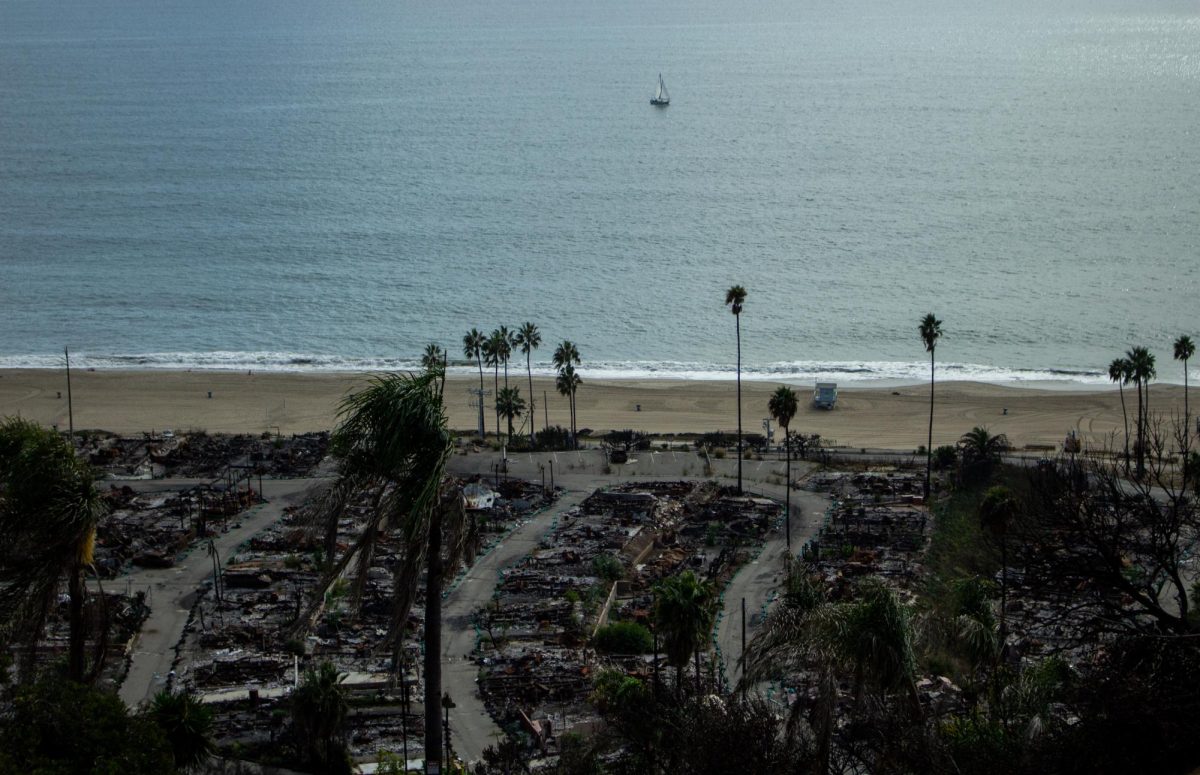

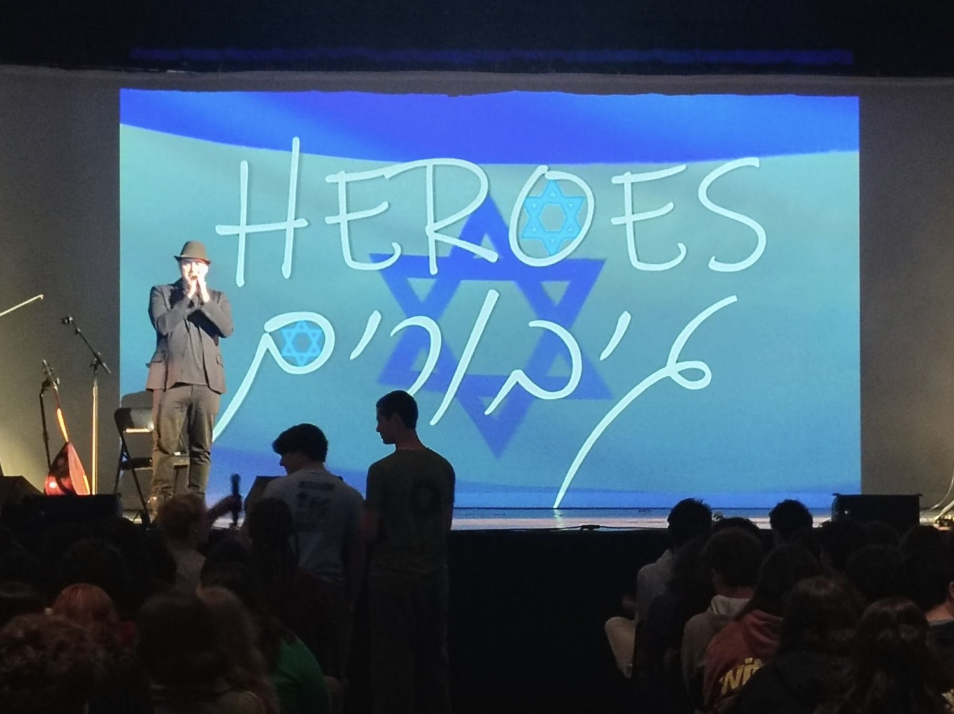
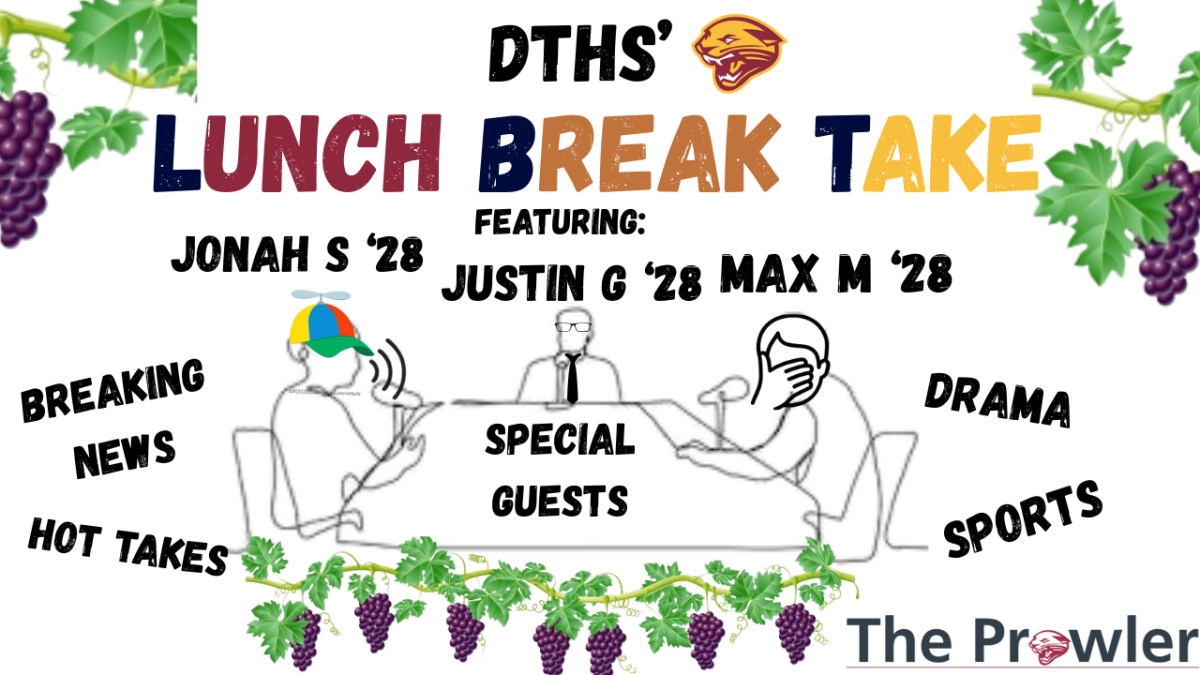
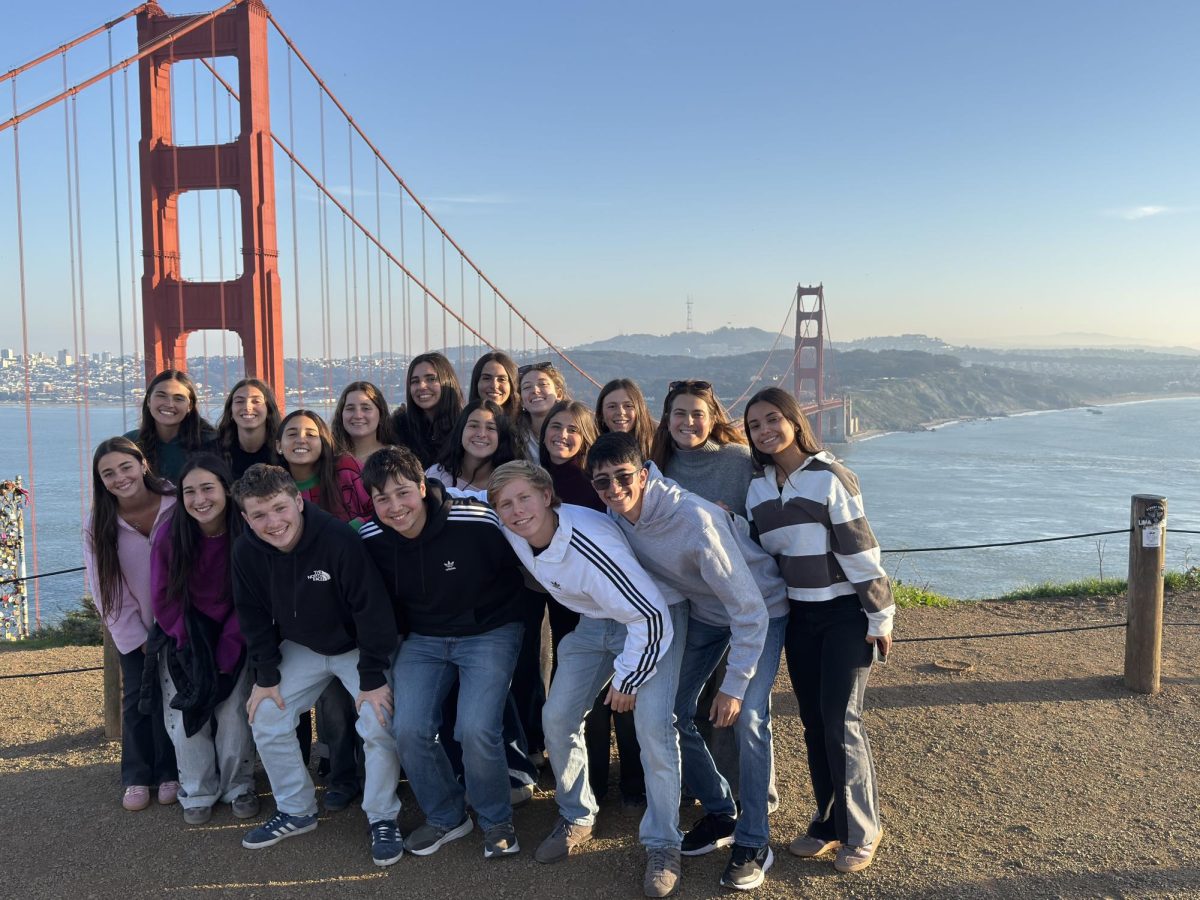
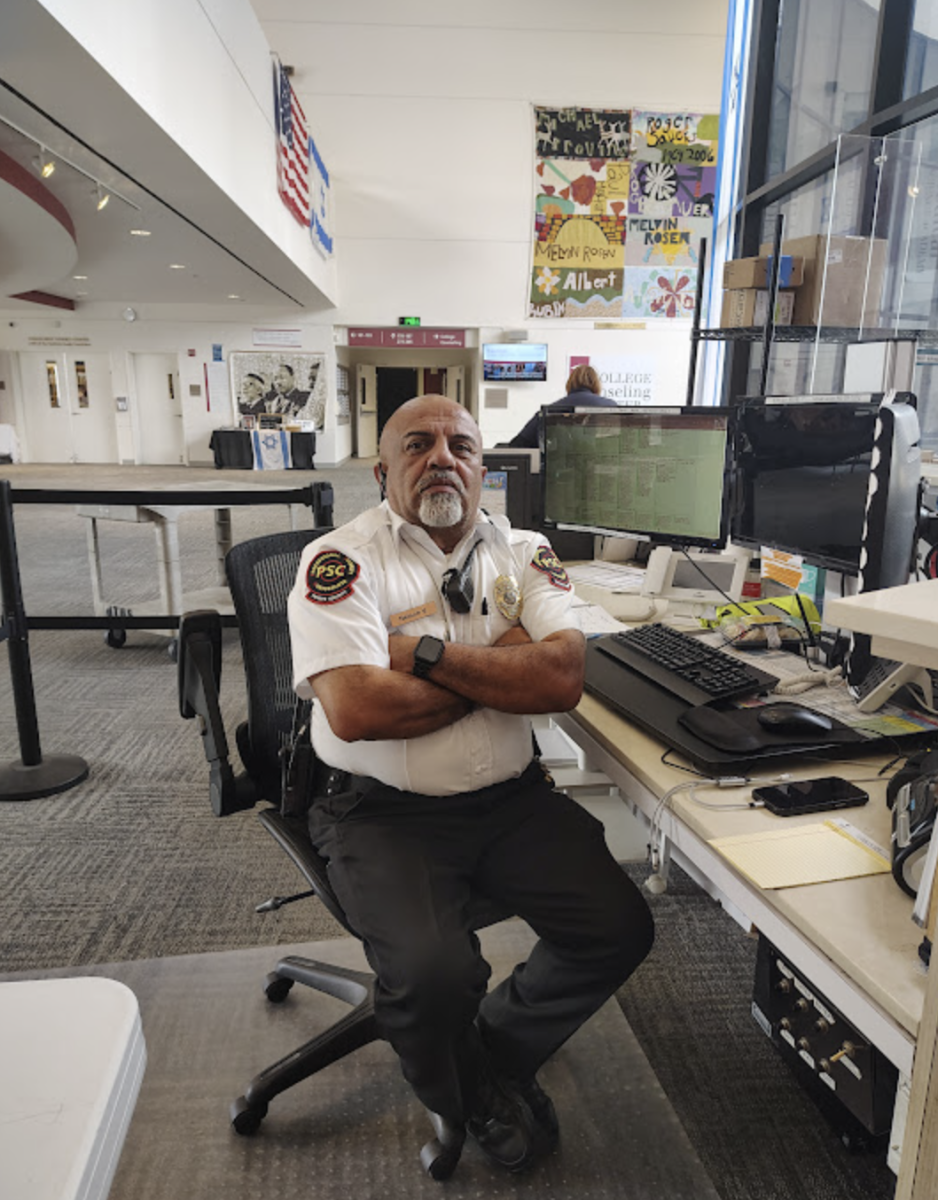
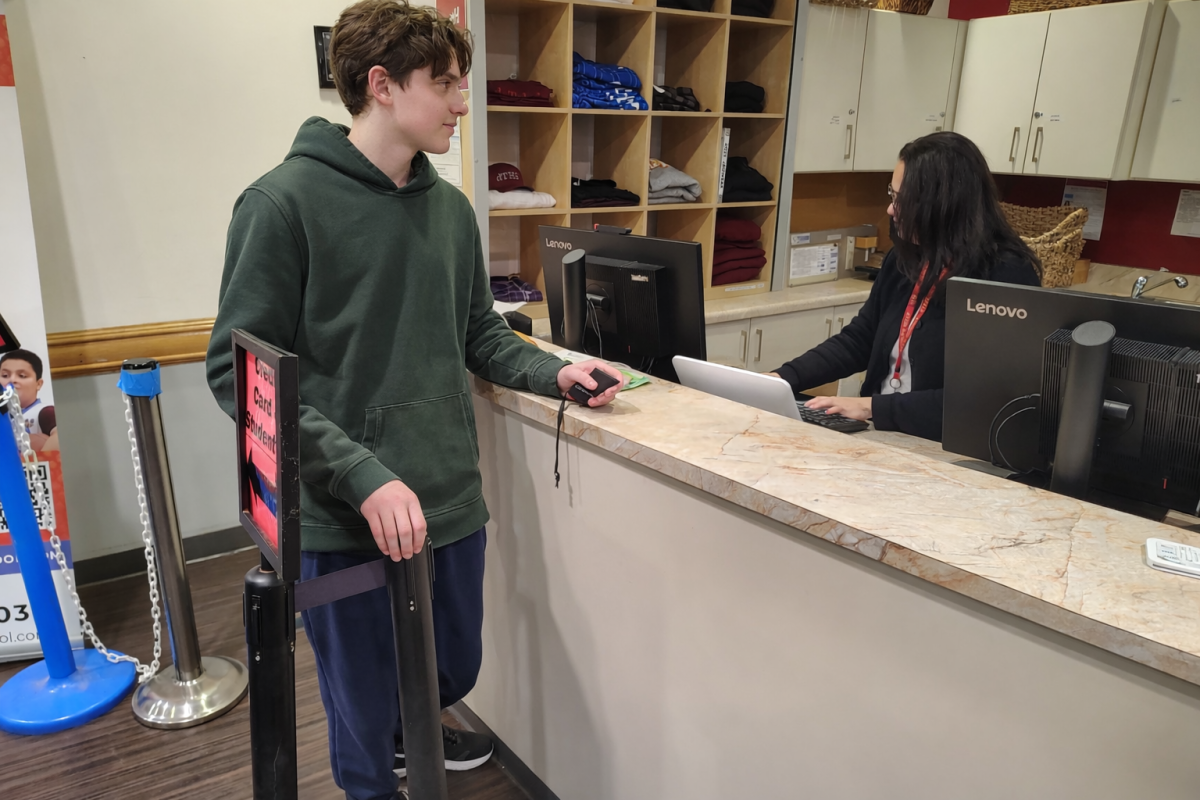
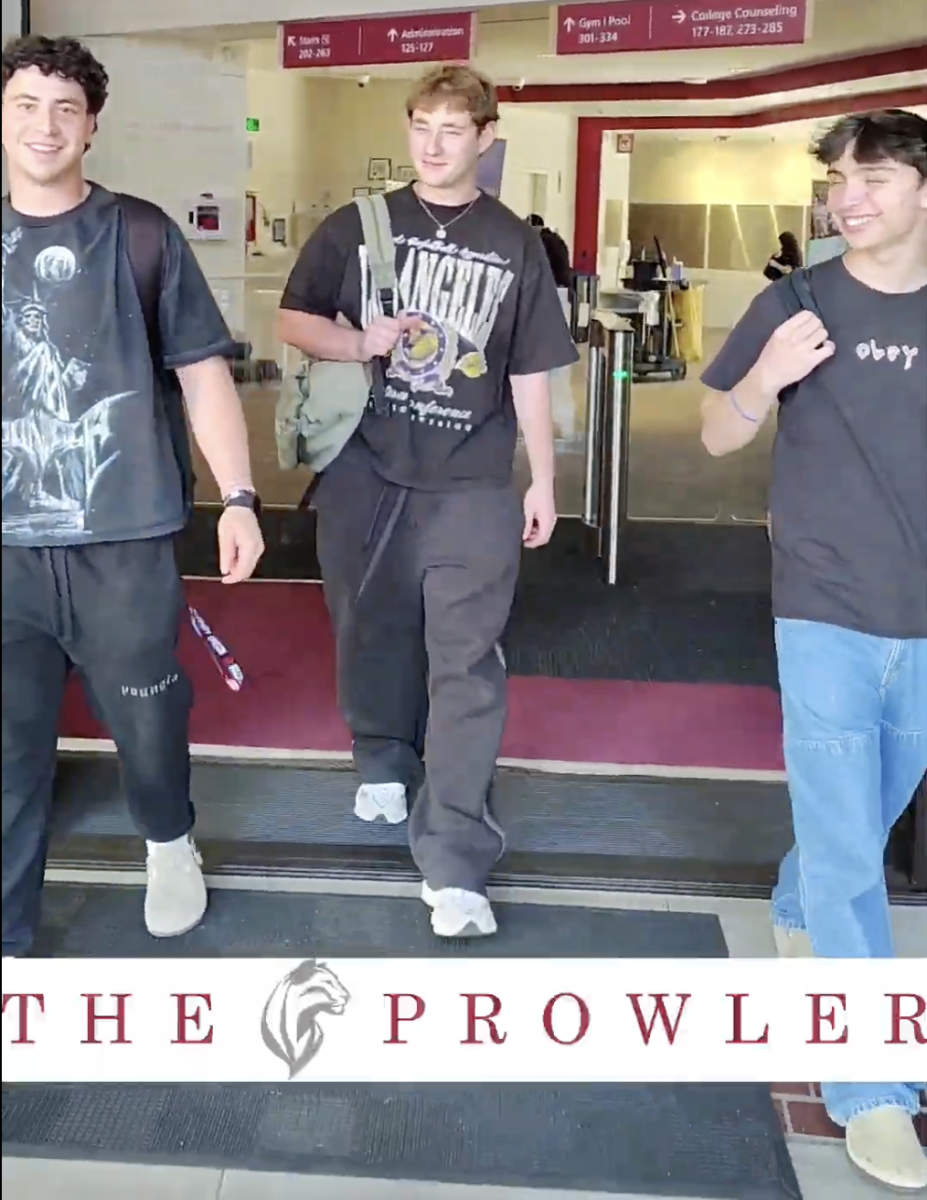
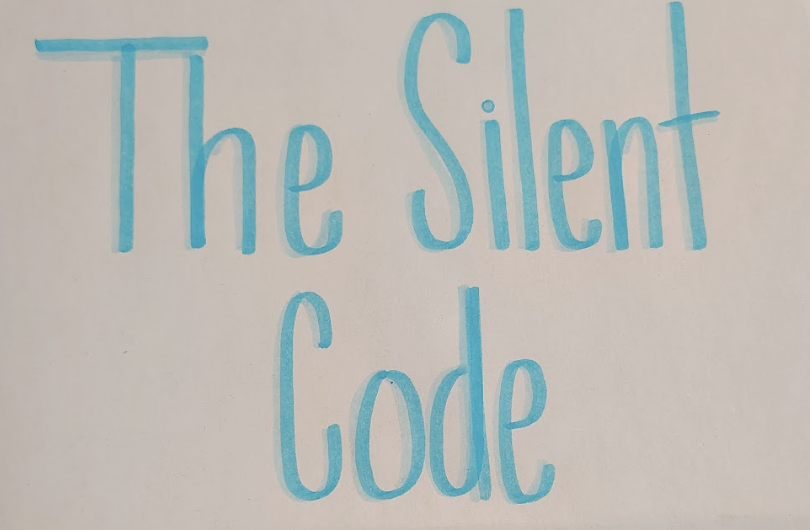
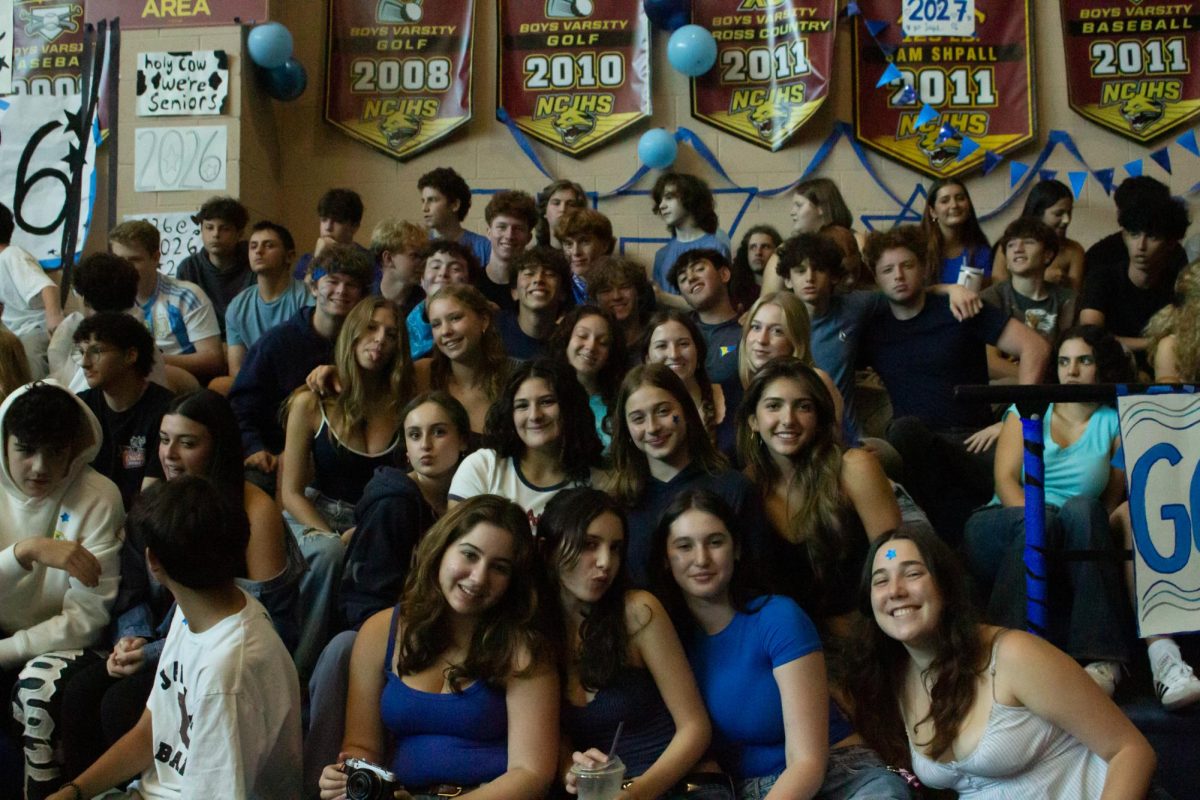
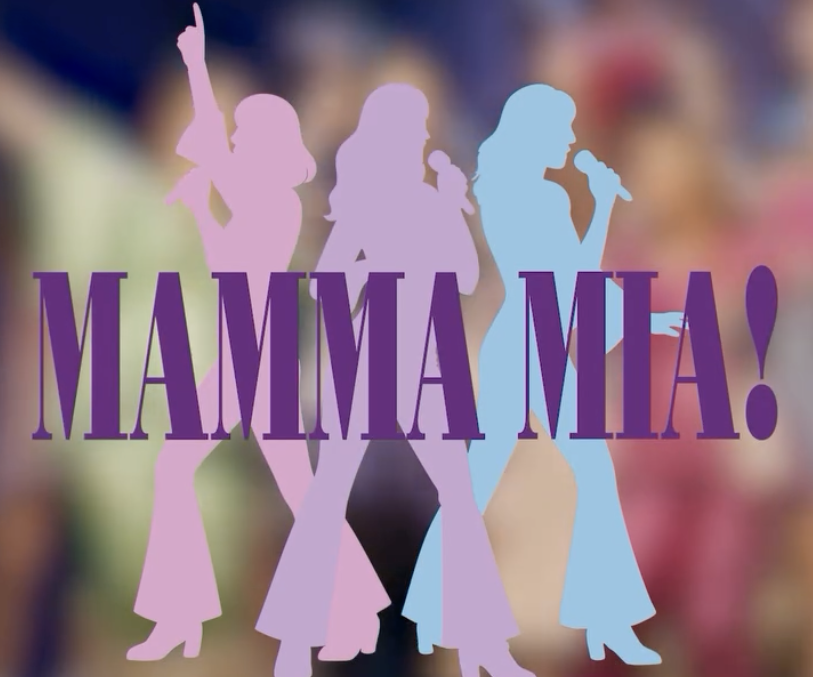
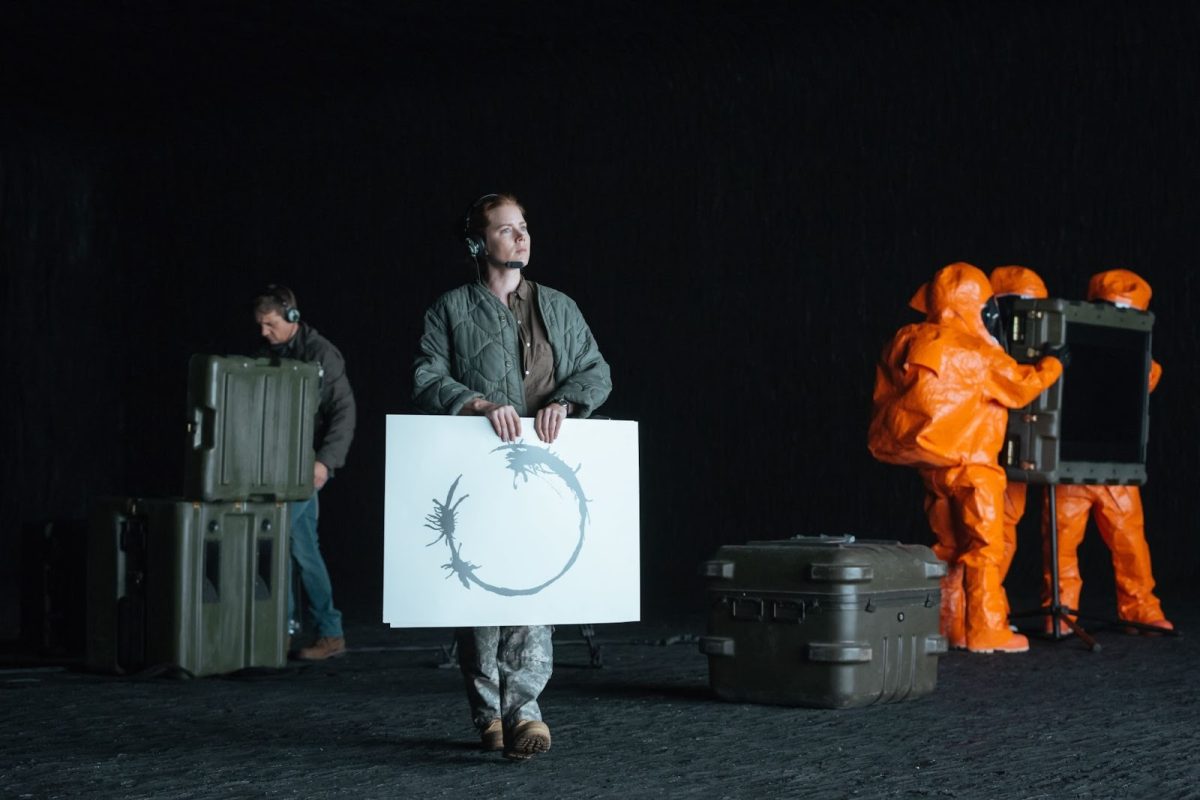
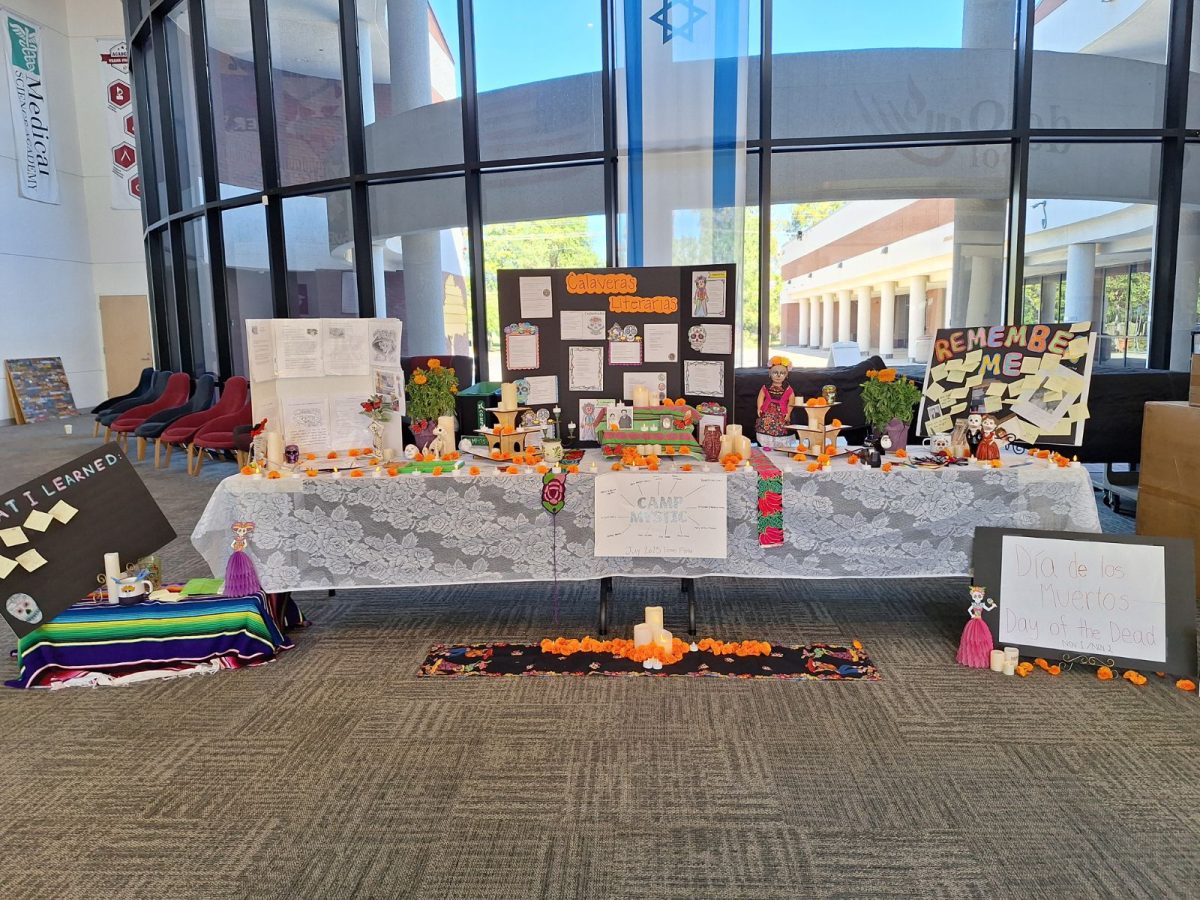
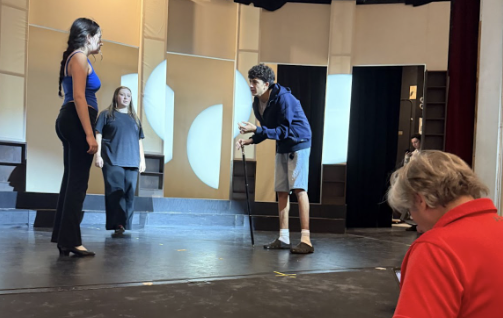
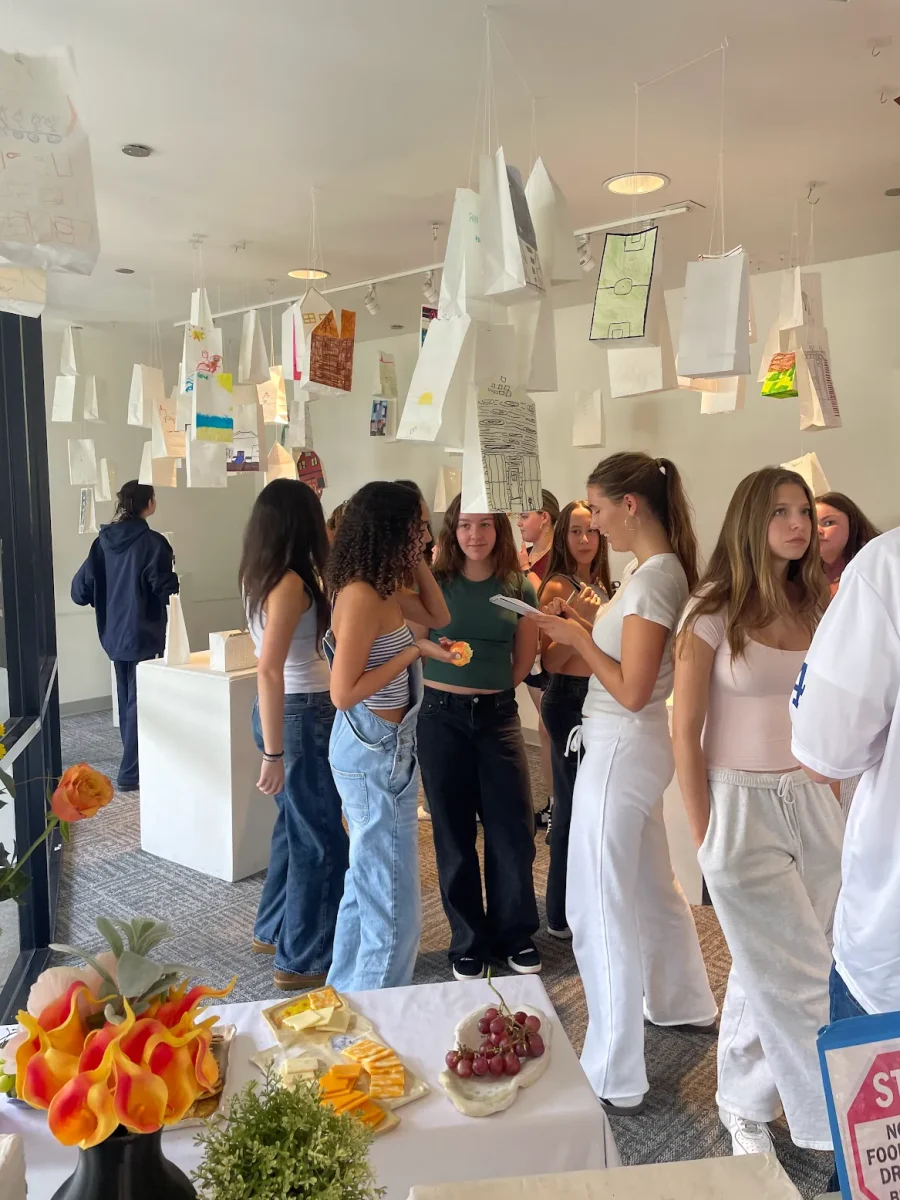
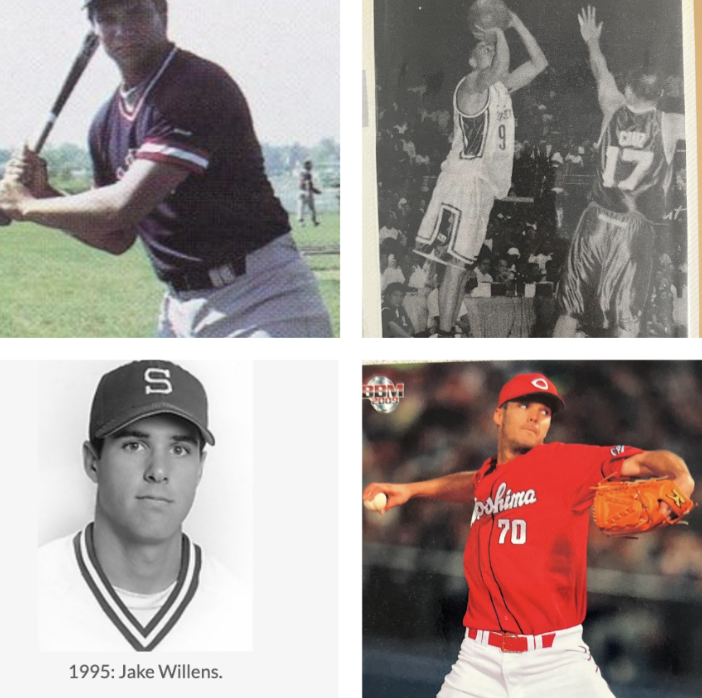


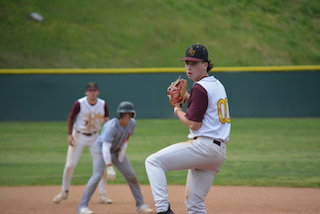
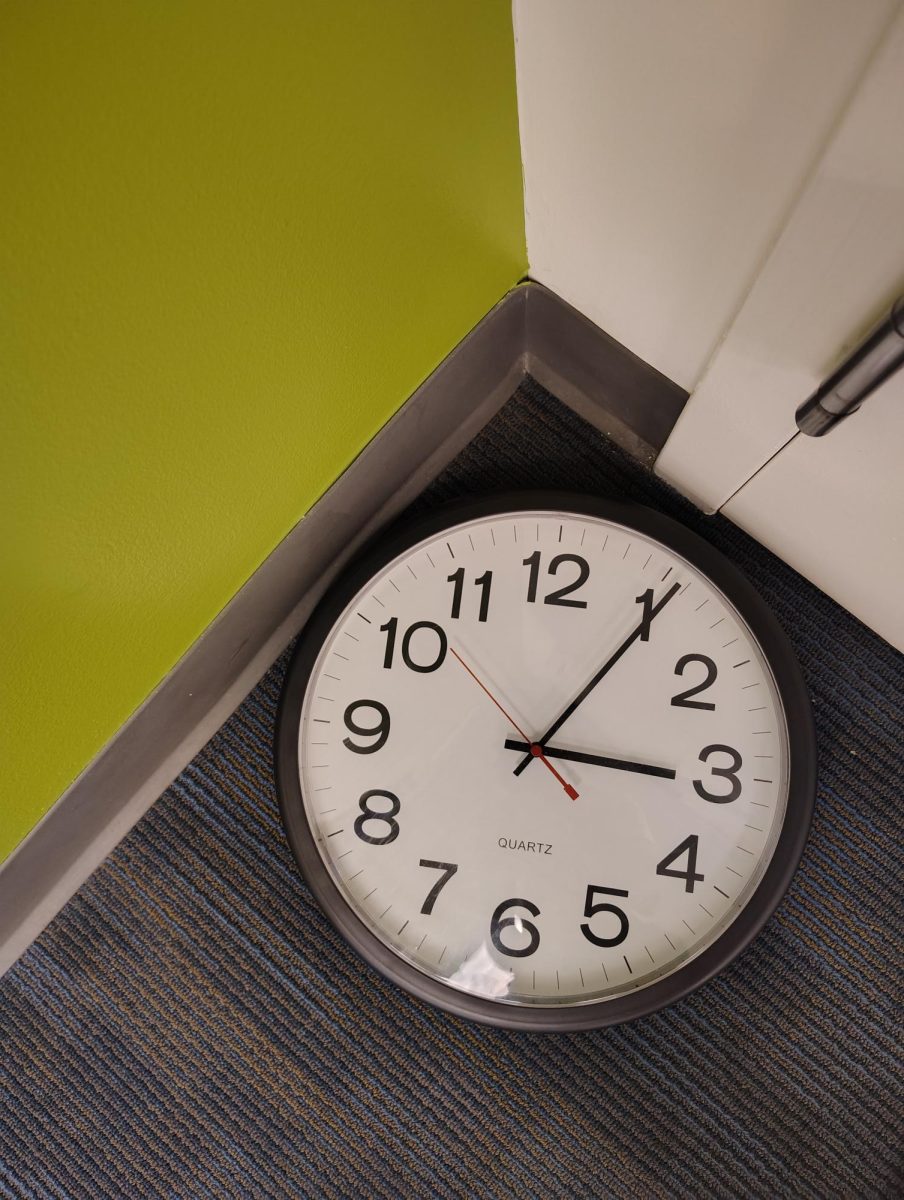
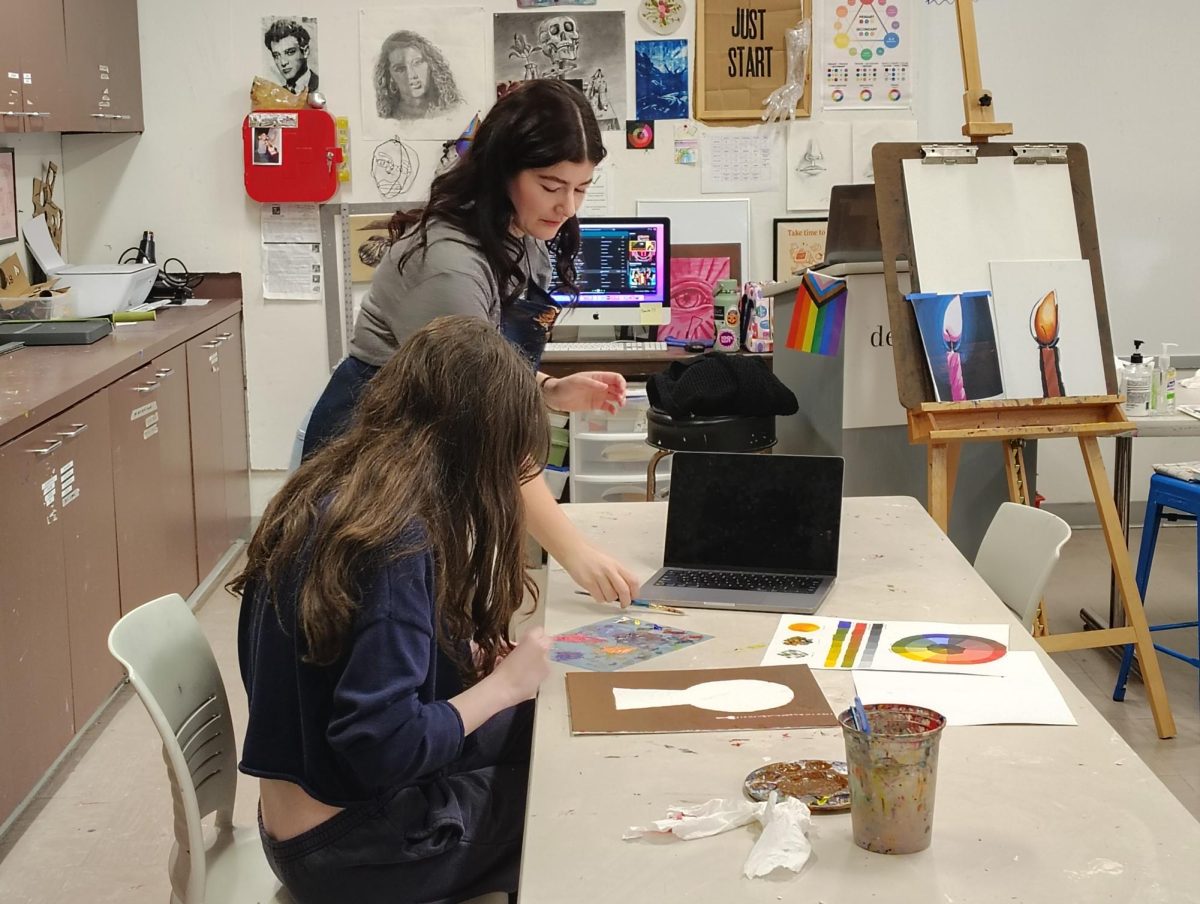
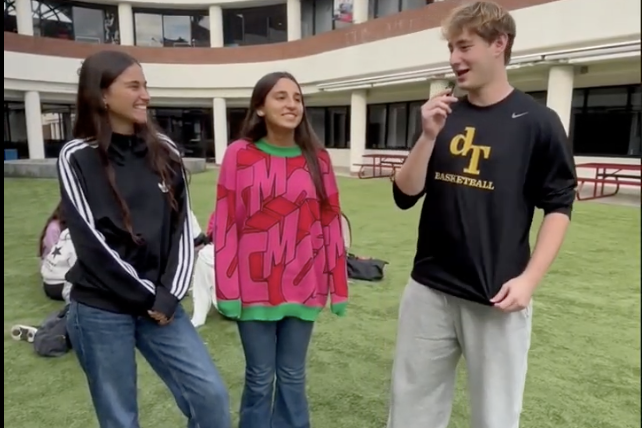
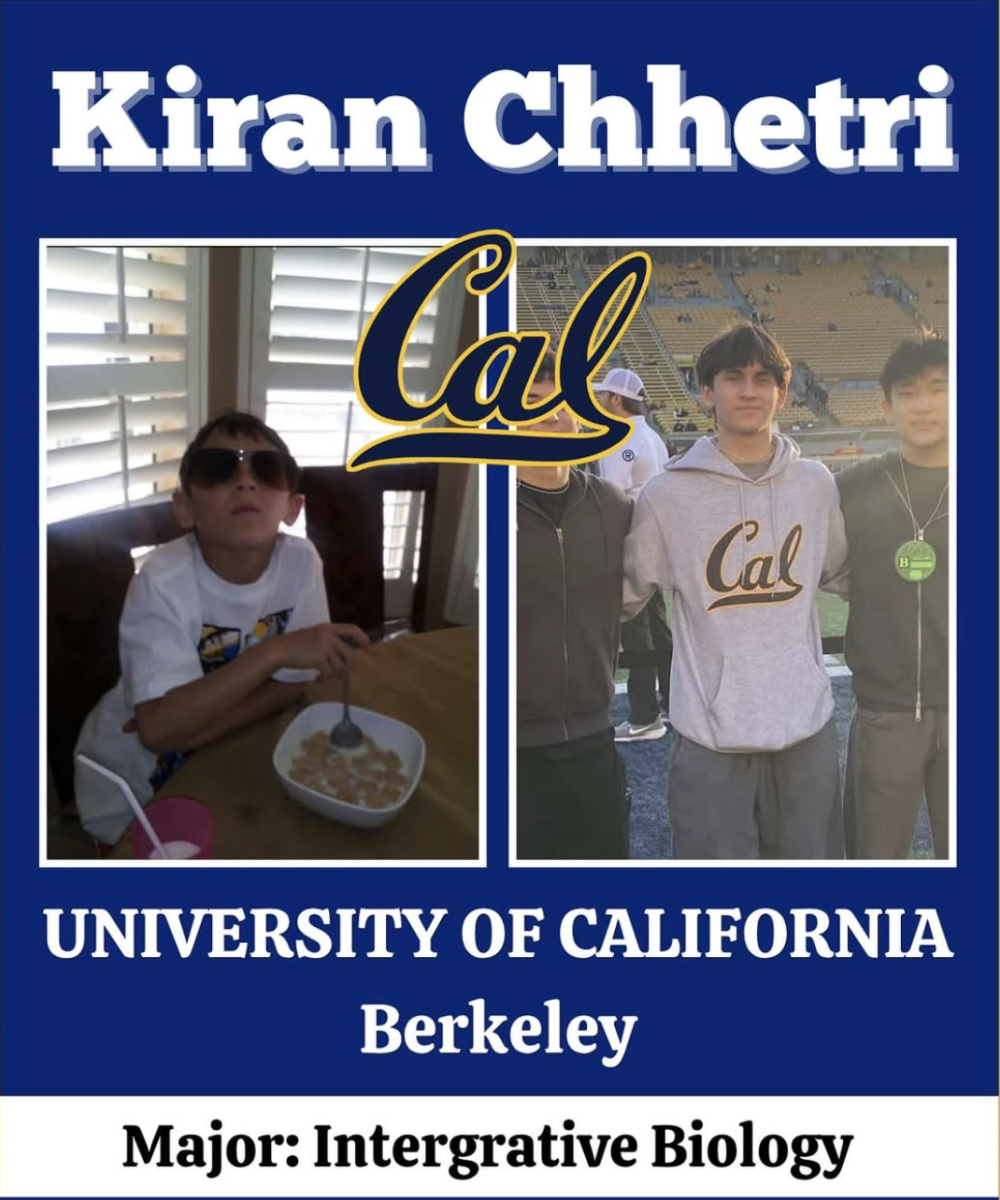

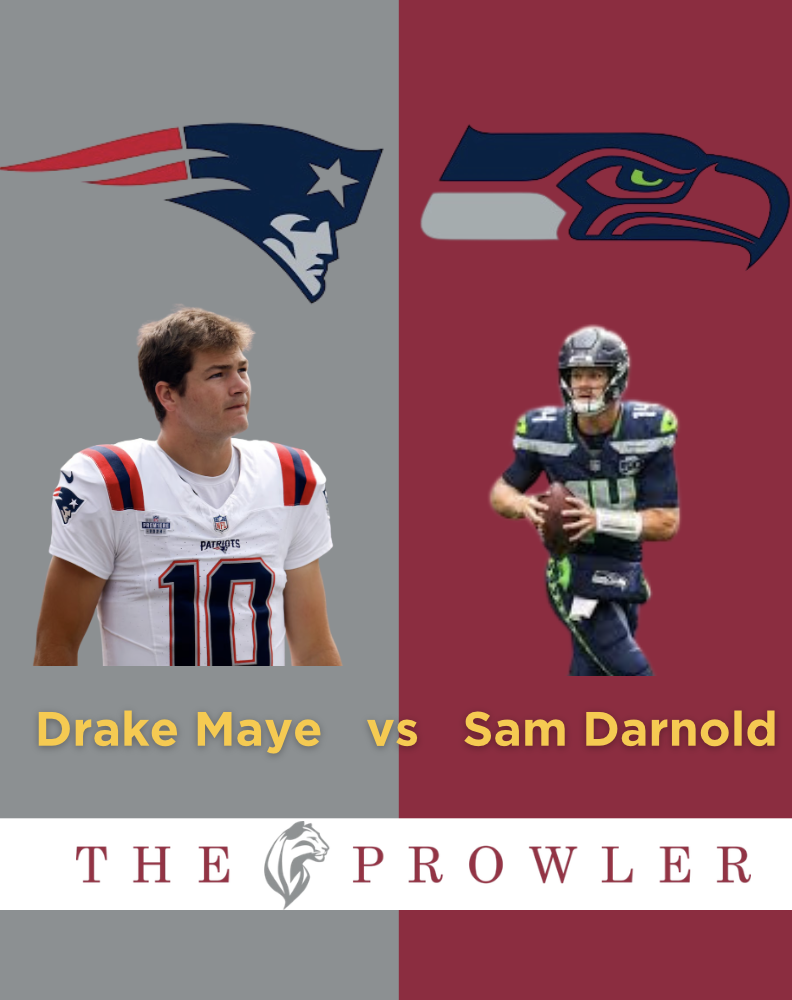
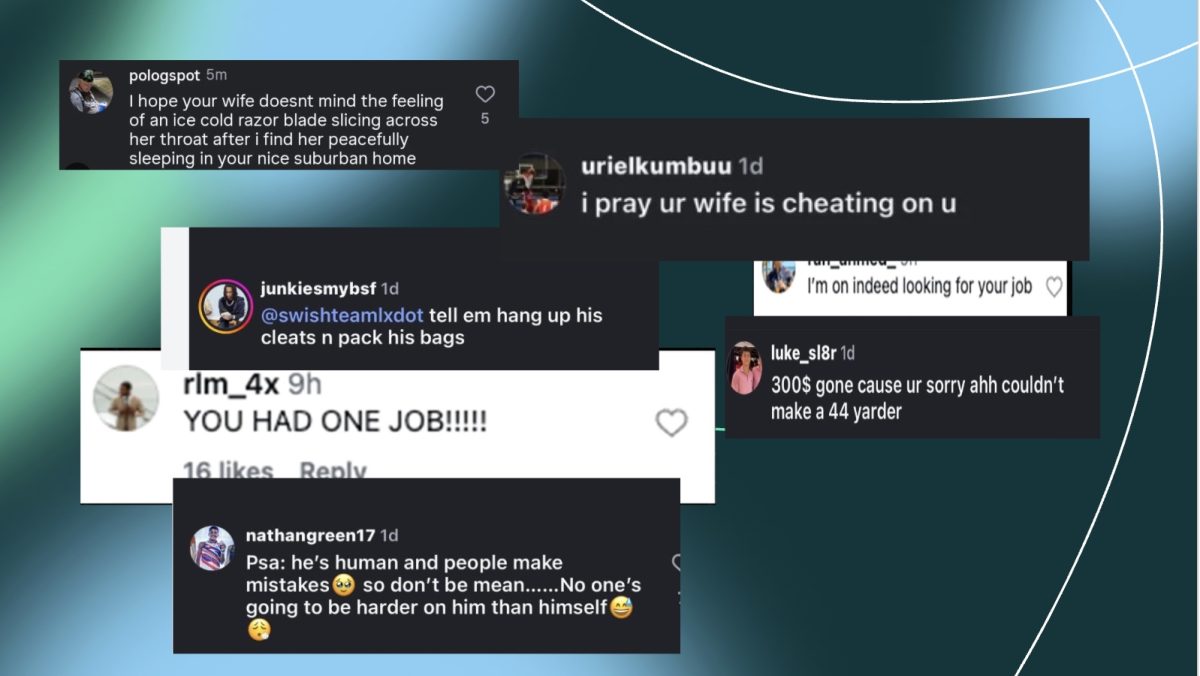
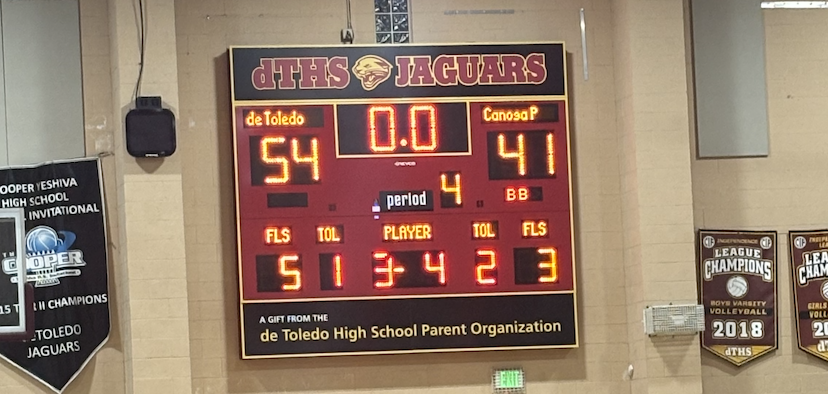


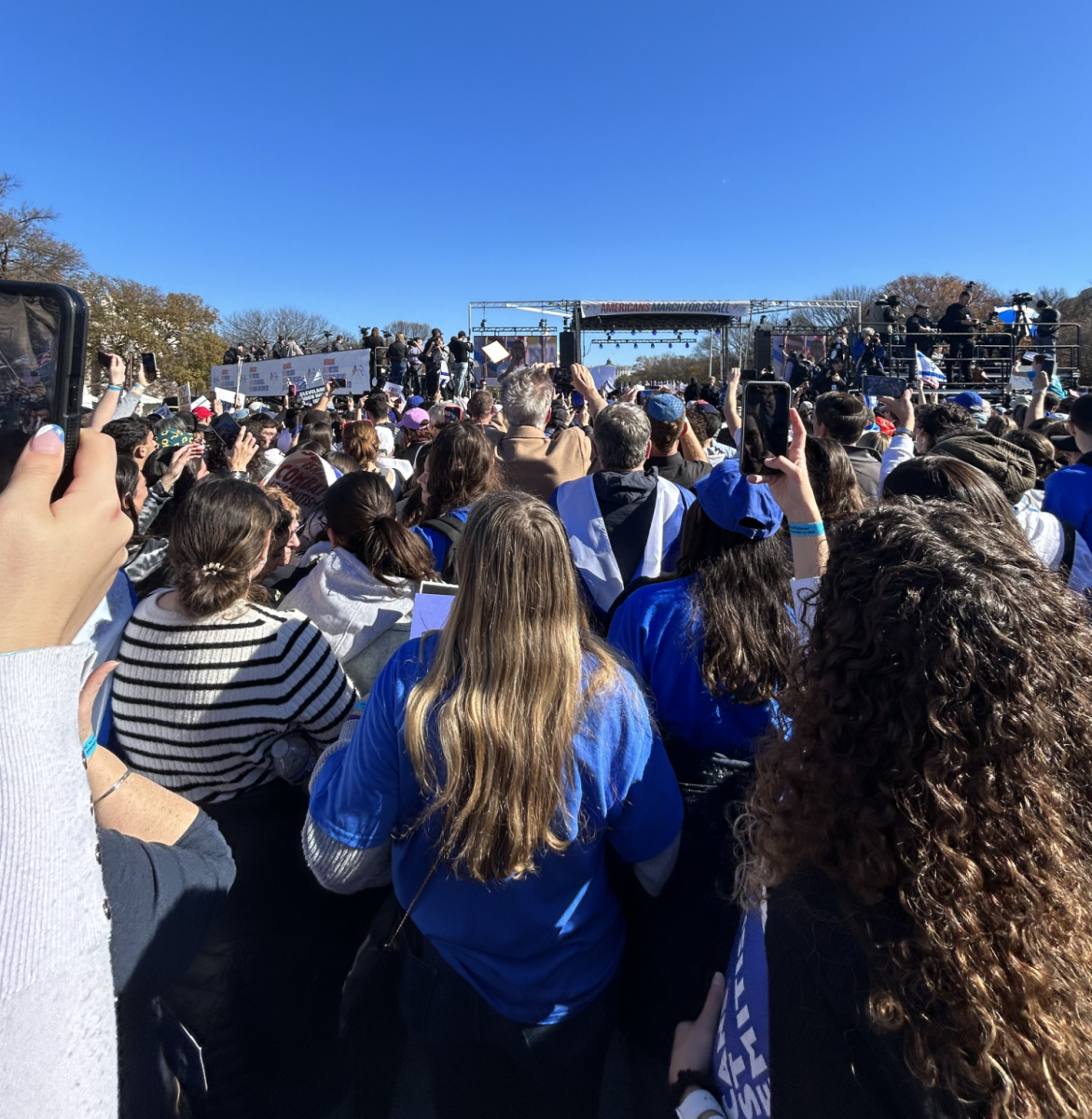
kate • Apr 4, 2024 at 10:14 am
AMAZING Lila so proud!